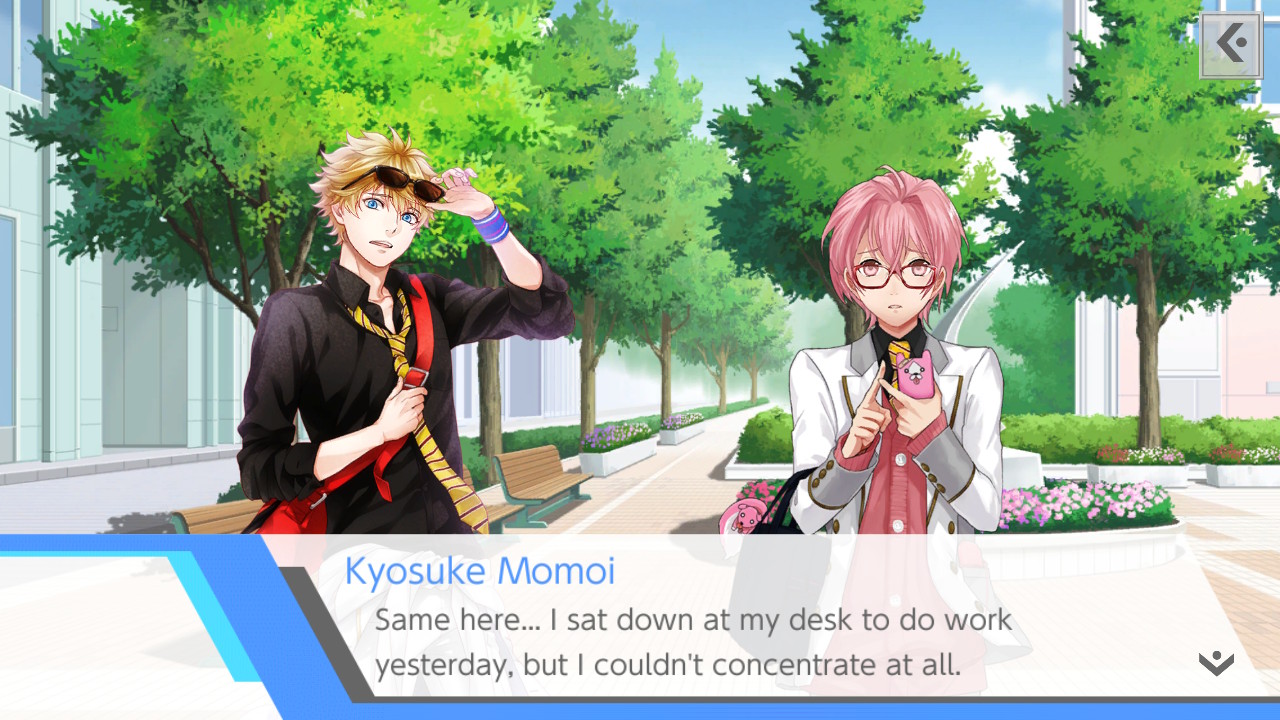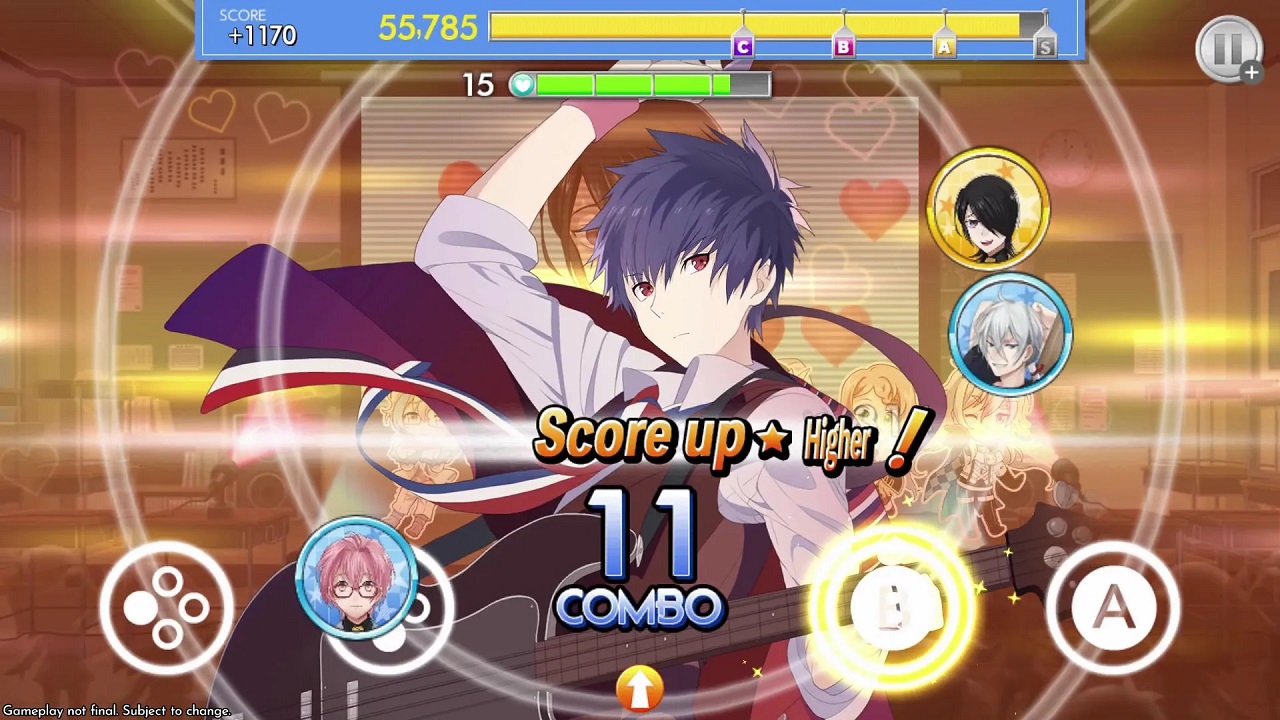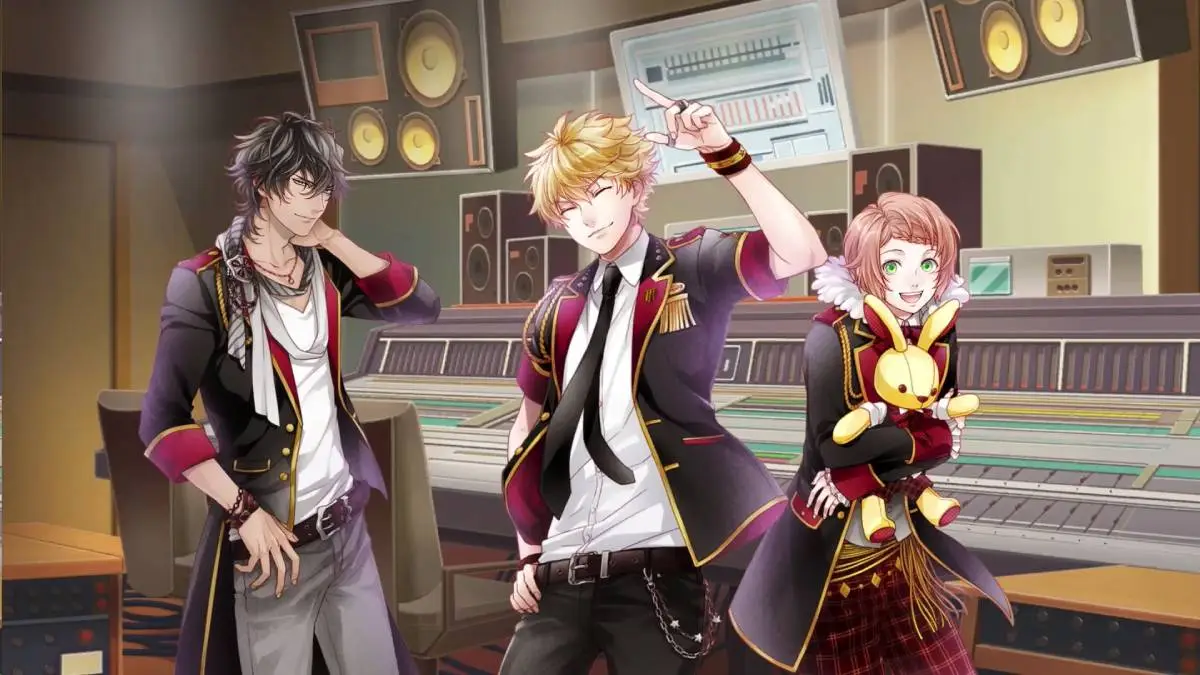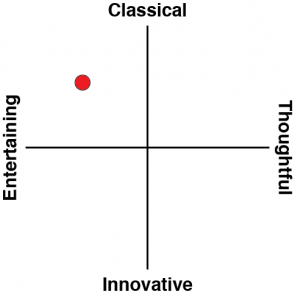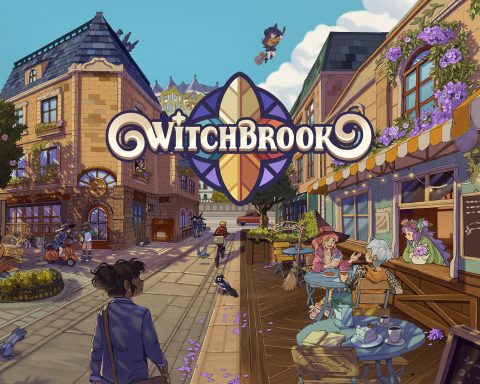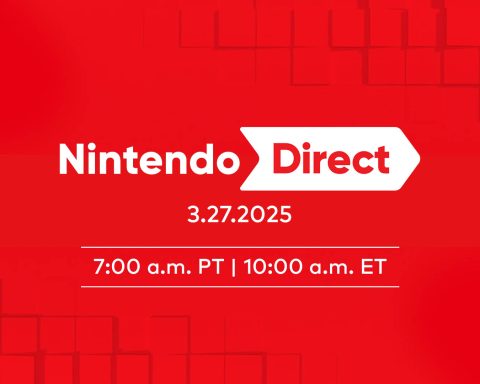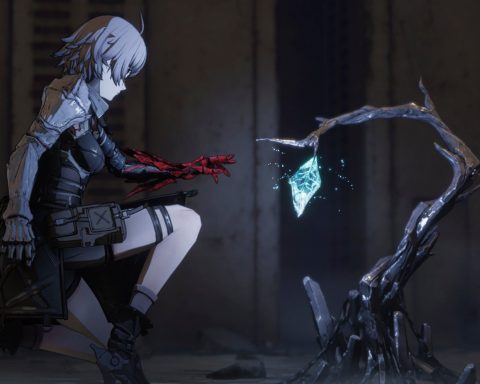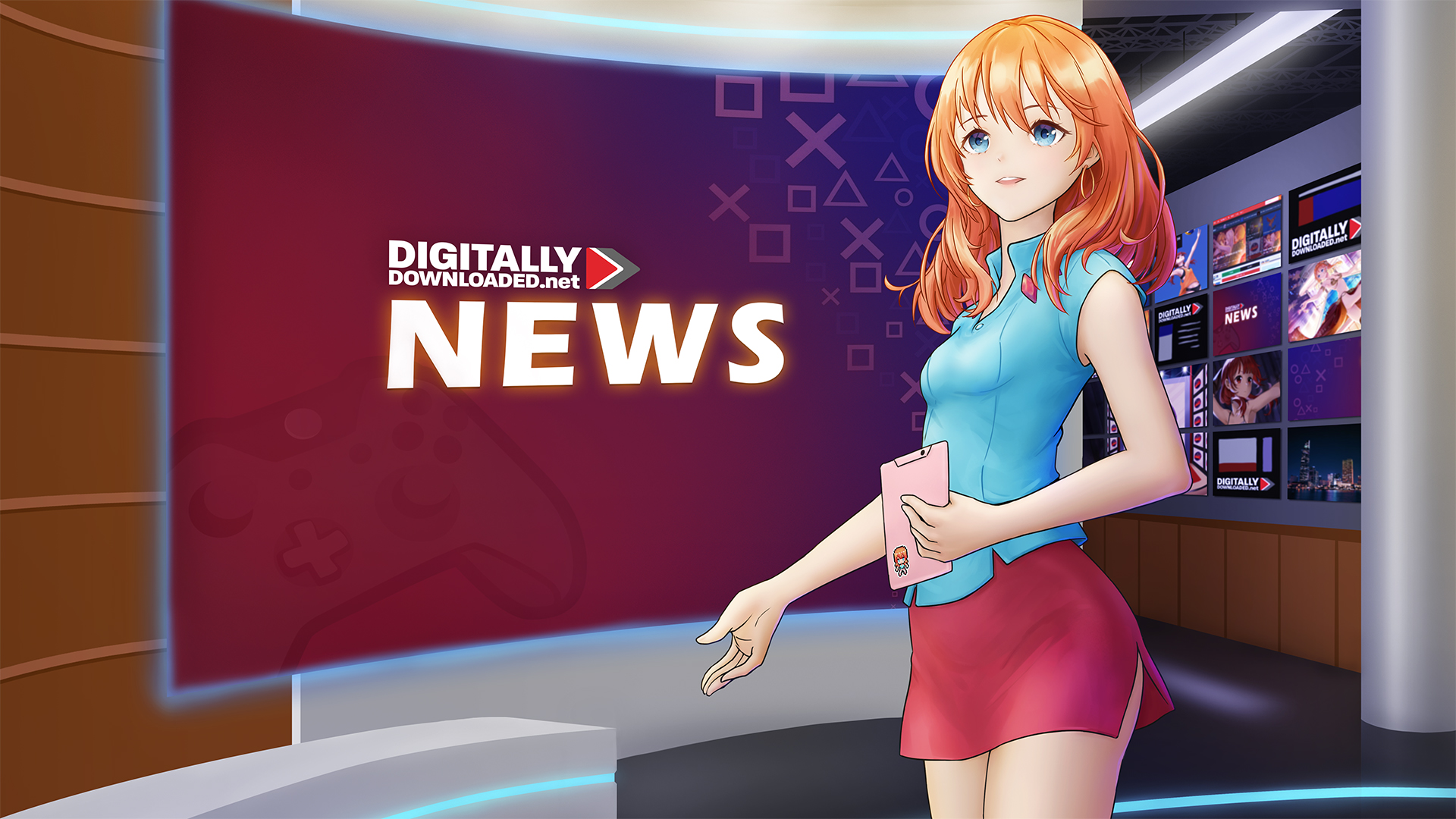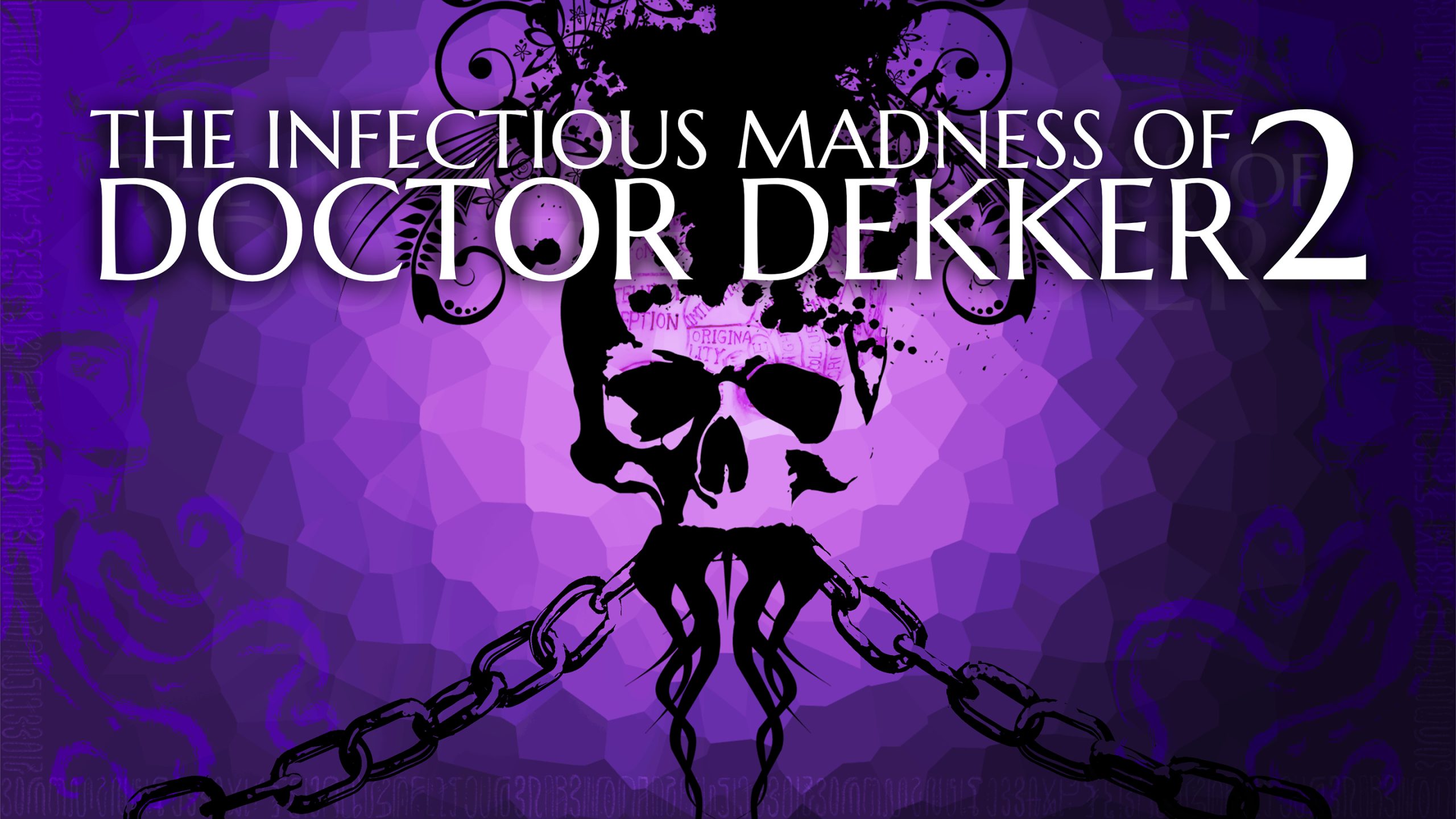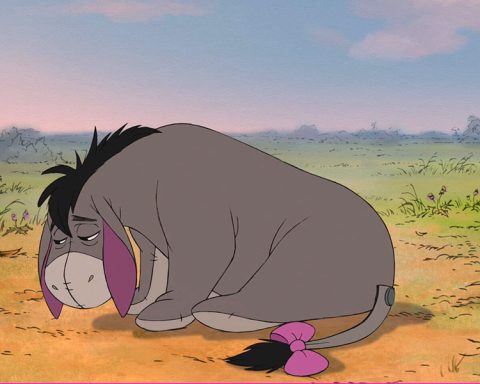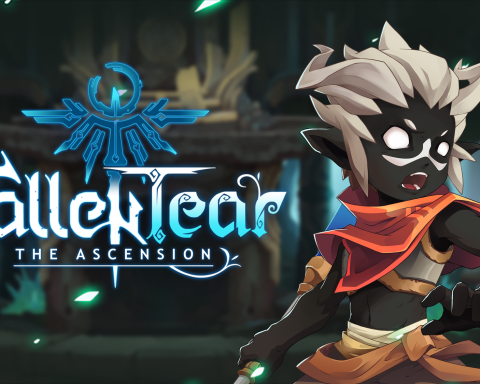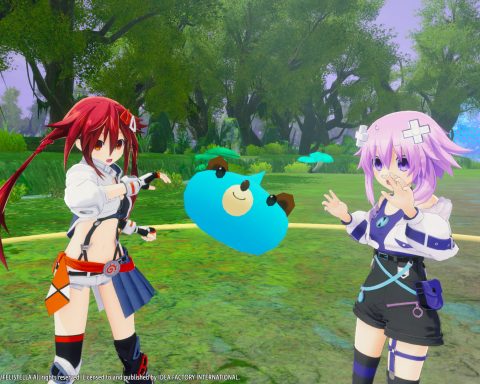On the one hand, the people behind I*CHU: Chibi Edition have done the world a big favour. The developers and publishers (PQube in the West) have taken a mobile gacha game that was effectively killed a half-decade ago and given players the opportunity to enjoy it in its full glory again. There are so many similar games that I wish could be preserved like this, that are otherwise going to be lost to history, and I respect all involved for doing so.
On the other hand, I*CHU simply isn’t the greatest example of its genre. It’s perfectly playable, but even among its most direct peers – rhythm games like Love Live! School Idol Festival and Hatsune Miku: Colorful Stage, this one is a step behind the pack.
As a rhythm game, it’s perfectly serviceable. There are three difficulty settings, with “Hard” offering a good challenge for your rhythm game abilities, and four “lanes” for the beatmap (regardless of difficulty). Icons scroll down in time with the music, and you tap or hold as appropriate, trying to be as accurate as possible to get the best score. Basically, if you’ve ever played a rhythm game, ever, then you’ll know how I*CHU plays and the developers had no interest to try and be creative with the formula.
A lack of “innovation” isn’t necessarily a problem in a rhythm game, because players are there for the music, and almost by definition every rhythm game does have a wildly different soundtrack, making it a unique experience. I*CHU, as you can guess from the aesthetics, is about male idols and male idol music. It’s like Love Live, but without the cute girls. The music is the typically infectious, foot-tapping stuff that JPop tends to be, and some of the songs are genuinely infectious stuff that will have you reaching for the Shazam button on your phone (sadly with little luck).
This is why it is so annoying that while I*CHU gets all the important basics right, the mobile gacha stuff that is layered over the top totally undermines the experience. Right off the bat, you’re only going to have one song unlocked for free play. Yes. ONE. To unlock the rest you need to grind through a story mode, which is a series of short visual novel segments that are completely uninteresting and unengaging. They’re too short for you to care about the characters, and because you don’t care you’ll cycle through them as quickly as possible, meaning that you’re going to skip through entire sections and lose a sense of what the story’s about at all.
For whatever reason mobile game audiences tend to be forgiving of aggressive unlock grinds and obnoxiously shallow, functional narratives. Your patience and tolerance for these things is likely to be different when it comes at you in a game that you actually paid for, however.
Because of this grind, it takes a long time to get together enough of playlist that you start to feel like you’re enjoying the game on your terms. That’s when the second gacha nasty kicks in. Your score is affected by the team of idols that you take into “performances,” and naturally the better characters provide higher scores. This makes passing Normal and Hard mode (in particular) difficult without a good enough team behind you, no matter how well you play.
Again, in a mobile context, this isn’t such a bad deal. I’ve enjoyed both Miku and Love Live! enough on mobile because I never felt any particular need to actually get great scores. They’re low-engagement, passive fun to have when you’ve got five minutes to waste on a train. When I wanted to actually challenge myself and gun for a score I’d want to share, I turn to any of the serious rhythm games on console. I*CHU is a low-engagement rhythm game trying to compete with the games you spend 1000 hours with, because getting a perfect score comes down to your actual abilities and not having spent hundreds of hours pulling gatchas and hoping for the best.
To its credit, I*CHU is totally free of microtransactions and you get more than enough in-game resources to keep engaging with the gacha system. The problem is simply that stripped of the context that makes these systems tolerable for players, I*CHU is merely highlighting just how much these systems exist in contrast to the principles of good game design.
There are 80 tracks to painstakingly unlock in I*CHU, and by the time you have them all, you’ll also have a team of pretty boys who are powerful enough to make hard mode for these tracks playable. At that point, it’s finally a full-scale rhythm game, and indeed more generous with the content than many of the others on the Switch. Unfortunately, it really needed to be redesigned to remove all the mobile game elements from it and leave players with a simple, straightforward, but enjoyable rhythm game. That core heartbeat of I*CHU is a lot of fun and very worthwhile, but it’s let down by an annoying gacha system being kept over from the mobile original (despite no longer costing players anything) and an infuriating series of visual novel “minis” that you need to spend hours in to unlock all the music.


